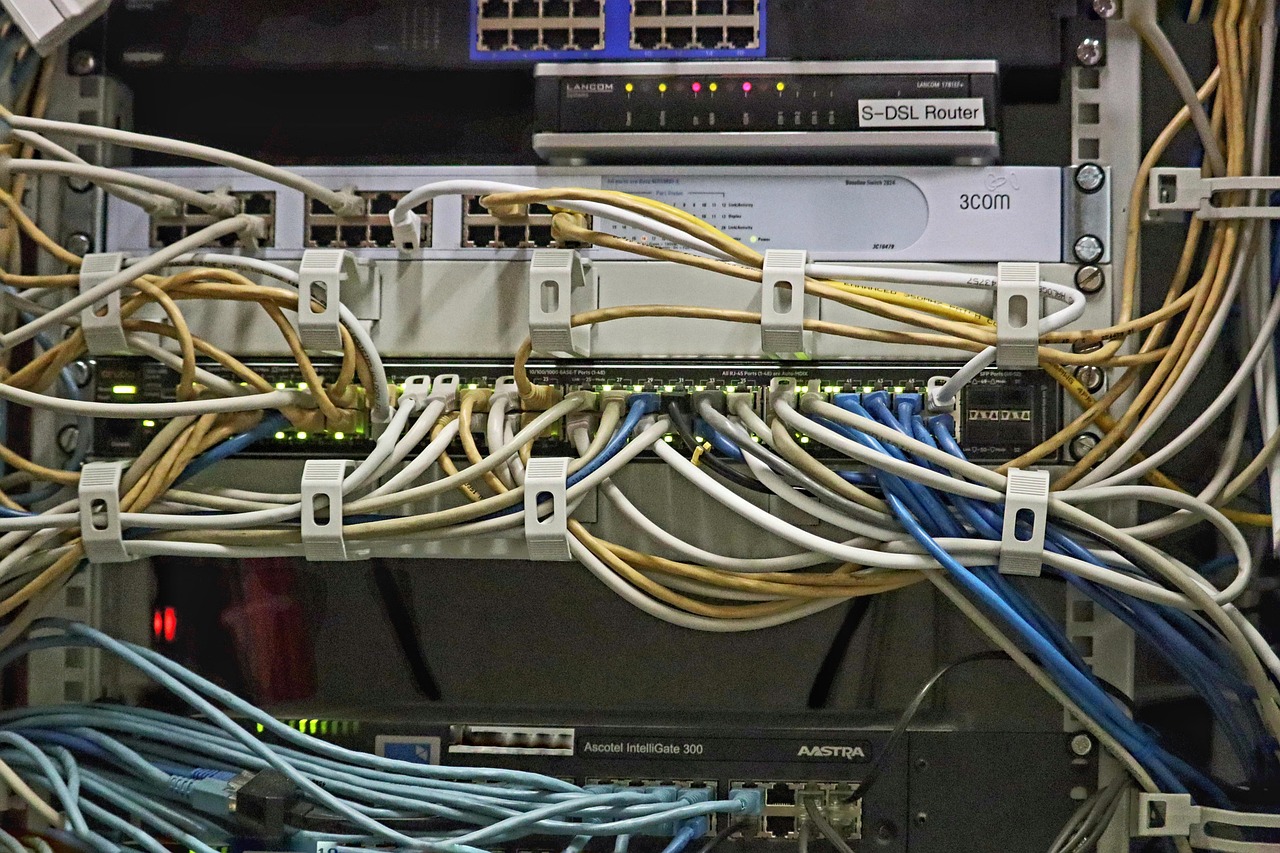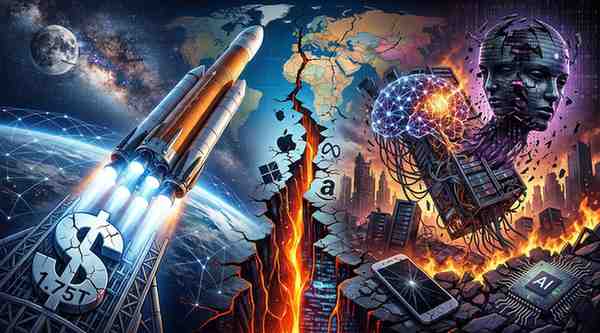
The Ethics of Technology Adoption: Philosophical Reflections from Uttar Pradesh
- admin
- August 28, 2025
- Uttar Pradesh
- 0 Comments
Balancing Progress and Values in India’s Largest State
Lucknow – Uttar Pradesh, a state renowned for its cultural heritage and rapid modernization, stands at a critical juncture in its adoption of technology. From digitization in governance to the proliferation of digital education tools, the integration of technology into everyday life is reshaping the socio-economic fabric of the state. This transformation invites reflection on the ethical implications and philosophical considerations of technology adoption.
Key Metrics
- Digital Initiatives: Over 50 lakh tablets and smartphones have been distributed under the Digi Shakti Program, empowering students and youth across the state (UP IT and Electronics Department, 2023).
- Internet Penetration: Uttar Pradesh recorded a 37% increase in internet users from 2020 to 2023, driven by rural digitization efforts (TRAI Reports).
- Digital Transactions: The state saw over ₹6.5 lakh crore in digital transactions in 2023, reflecting the rapid adoption of digital payment systems (National Payments Corporation of India).
- E-Governance: The UP e-District Program processed more than 5 crore online citizen service requests in 2023, enhancing accessibility and transparency in governance.
The Intersection of Technology and Ethics
1. Bridging Inequality or Widening Divides?
Technology promises inclusivity, yet its uneven implementation risks perpetuating existing inequalities.
- Rural-Urban Divide: While urban areas enjoy high-speed internet and access to digital platforms, rural regions still grapple with inadequate infrastructure.
- Data Insight: Rural internet penetration in Uttar Pradesh is 25% lower than in urban areas (TRAI Reports, 2023).
- Economic Barriers: Despite free device distribution, many households struggle to afford internet connectivity, creating a gap in actual utilization.
2. Privacy and Surveillance
As technology becomes integral to governance, concerns about privacy and surveillance have emerged.
- Aadhaar Integration: The linkage of Aadhaar to various services, while streamlining access, has raised questions about data security and the potential misuse of personal information.
- State Surveillance: Critics argue that increased monitoring under e-governance platforms could lead to reduced personal freedoms.
3. Impact on Employment
The automation of services and digital transformation in industries have significant implications for employment.
- Job Displacement: Automation in sectors like agriculture and manufacturing has led to concerns about job losses among low-skilled workers.
- Example: The introduction of drone technology in agriculture, while increasing efficiency, reduces the need for manual labor.
Philosophical Reflections on Technology Adoption
1. Gandhian Principles of Swadeshi
Mahatma Gandhi emphasized self-reliance and simplicity, values that challenge the unchecked adoption of technology.
- Application: Gandhi’s philosophy encourages evaluating whether technology serves local needs and empowers communities rather than fostering dependency on external systems.
2. Ambedkarite Social Justice
Dr. B.R. Ambedkar’s focus on equity and access highlights the importance of ensuring that technological advancements benefit marginalized communities.
- Digital Equity: Technology must bridge, not exacerbate, gaps in education, healthcare, and employment opportunities.
3. Ethical Minimalism
The ethical framework of minimalism advocates using technology only where necessary, minimizing its negative societal impacts.
- Example: Encouraging the use of environmentally sustainable technologies aligns with this approach.
Technology in Governance and Education
1. E-Governance Revolution
The UP e-District Program has streamlined service delivery, reducing bureaucratic inefficiencies and increasing transparency.
- Achievements: Over 70% of rural households accessed online grievance redressal systems in 2023, according to a state report.
- Challenges: Awareness about e-governance platforms remains low in underserved regions, limiting their reach.
2. Digital Education Transformation
The Digi Shakti Program has equipped students with digital tools, significantly expanding access to online learning.
- Impact: According to the UP Education Department, digital literacy among rural students improved by 15%between 2020 and 2023.
- Concerns: Reliance on digital education platforms during the pandemic highlighted disparities in connectivity and device availability.
Environmental Considerations in Tech Adoption
1. E-Waste Management
The surge in digital device distribution has led to concerns about e-waste disposal.
- Data Insight: Uttar Pradesh generated over 25,000 metric tons of e-waste in 2022, with less than 30% being recycled responsibly (Central Pollution Control Board).
2. Energy Consumption
The energy demands of expanding digital infrastructure raise questions about sustainability.
- Example: Data centers in Noida and Lucknow consume significant power, emphasizing the need for renewable energy integration.
Government Initiatives to Address Ethical Challenges
1. Digital Inclusion Programs
The state government has partnered with NGOs to provide internet access and digital literacy training in rural areas.
2. Data Privacy Framework
Efforts to strengthen data protection laws, including the introduction of localized data storage requirements, aim to address privacy concerns.
3. Green Technology Investments
Incentives for renewable energy use in IT parks and data centers reflect a commitment to sustainable technology adoption.
Conclusion: Striking an Ethical Balance
The adoption of technology in Uttar Pradesh is transforming lives, improving governance, and driving economic growth. However, these advancements come with ethical dilemmas that must be addressed to ensure equitable and sustainable progress.
By integrating philosophical principles into policy-making, Uttar Pradesh can lead the way in leveraging technology for inclusive development while preserving its cultural and ethical values. The challenge lies in adopting technology not just for efficiency but for the empowerment of all its citizens.




